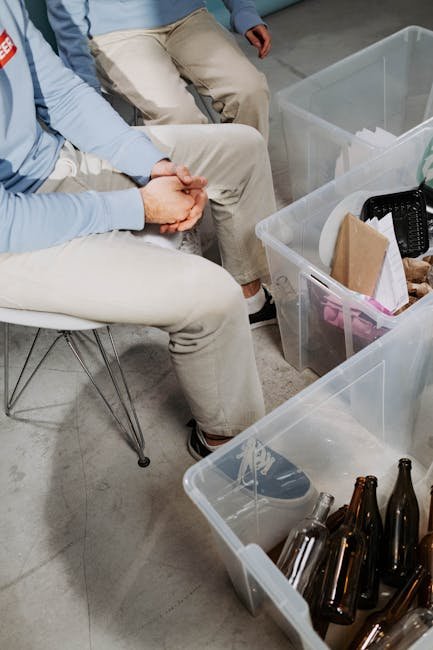## Turning Passion into Profit: A Millennial’s Guide to Launching a Plastic Recycling Business
You’re passionate about the environment, you’re tech-savvy, and you’re ready to ditch the 9-to-5 grind for a career with purpose. Sound familiar? Then launching a plastic recycling business might be the perfect opportunity for you. This industry is booming, driven by increasing consumer awareness and government regulations aimed at tackling the global plastic waste crisis. But where do you even begin?
## Laying the Groundwork: Research and Planning
### ## Understanding the Landscape: Types of Plastic Recycling
Before diving in headfirst, it’s crucial to understand the different types of plastic recycling, as each comes with its own set of challenges and opportunities:
* **Mechanical Recycling:** This is the most common method, involving shredding, washing, and melting plastic to create new products.
* **Chemical Recycling:** This advanced method breaks down plastic into its chemical building blocks, allowing for the creation of virgin-quality plastics.
* **Advanced Recycling:** This umbrella term encompasses innovative technologies like pyrolysis and gasification, which convert plastic waste into fuel or other valuable products.

### ## Identifying Your Niche: Specialization is Key
The plastic recycling industry is vast. To stand out, consider specializing in a specific type of plastic, such as PET bottles, HDPE containers, or LDPE films. Alternatively, you could focus on a particular recycling method or target a specific market segment, such as businesses looking to recycle their plastic waste.
### ## Crafting a Business Plan: Your Roadmap to Success
A comprehensive business plan is non-negotiable. This document will outline your business objectives, target market, competitive landscape, financial projections, and marketing strategy. A well-structured business plan not only guides your actions but also proves invaluable when seeking funding from investors or financial institutions.
## Navigating the Legal and Regulatory Maze
### ## Permits and Licenses: Ensuring Compliance
The plastic recycling industry is heavily regulated. You’ll need to obtain the necessary permits and licenses to operate legally. These may vary depending on your location and the type of plastic you’ll be processing. Consulting with a legal professional specializing in environmental regulations is highly recommended.
### ## Environmental Regulations: Adhering to Standards
Environmental regulations govern waste management, emissions, and water usage. Familiarize yourself with local, state, and federal regulations to ensure your operations are environmentally sound and compliant. Consider obtaining relevant certifications, such as ISO 14001 for environmental management, to demonstrate your commitment to sustainability.
## Securing Funding and Resources
###







